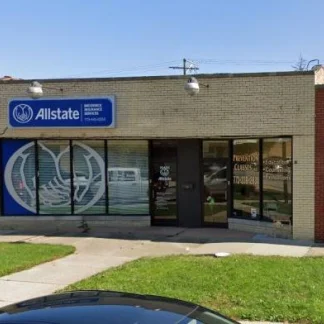Christian Community Health Center - CCHC
Christian Community Health Center (CCHC) provides faith-based addiction recovery...
Prevention Classes specialized services include DUI Risk Education Classes, Alcohol and Drug Evaluations and Assessment, DUI Services, Early Intervention Counseling, Significant Risk Treatment, Continuing Care Services, Awareness and Education Services and Alcohol and Drug Abuse Prevention Education.
Contact us for more information: (773) 239-2830

Connect with Prevention Classes by calling their admissions team directly.
(773) 239-2830 Website Get DirectionsGroup therapy is any therapeutic work that happens in a group (not one-on-one). There are a number of different group therapy modalities, including support groups, experiential therapy, psycho-education, and more. Group therapy involves treatment as well as processing interaction between group members.
In individual therapy, a patient meets one-on-one with a trained psychologist or counselor. Therapy is a pivotal part of effective substance abuse treatment, as it often covers root causes of addiction, including challenges faced by the patient in their social, family, and work/school life.
In individual therapy, a patient meets one-on-one with a trained psychologist or counselor. Therapy is a pivotal part of effective substance abuse treatment, as it often covers root causes of addiction, including challenges faced by the patient in their social, family, and work/school life.
Christian Community Health Center (CCHC) provides faith-based addiction recovery...
All Types Counseling Services is a private rehab located in Palos Hills, Illinoi...
NuWay Community Services is a private rehab located in Chicago, Illinois. NuWay ...
Brass Foundation is a private rehab located in Chicago, Illinois. Brass Foundati...